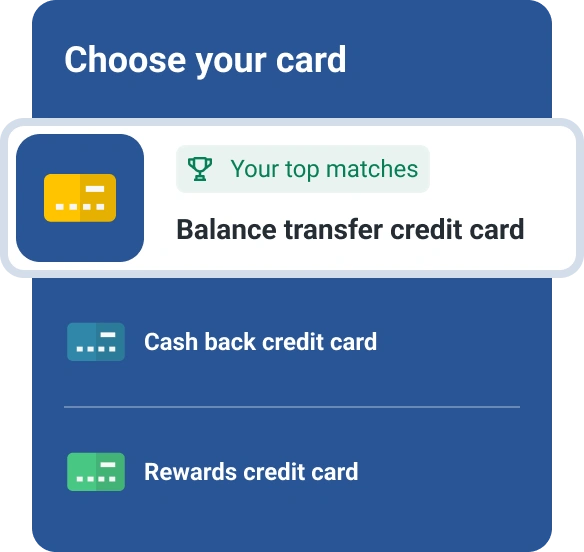Late Credit Card Payment? Here’s What to Do
Quick Answer
If you miss a credit card payment, pay at least the minimum due right away to minimize damage to your credit. Next, consider reaching out to the card issuer to request a fee waiver or removal of penalty interest, then set up autopay.

If you get a notification that your credit card payment is late, you may encounter a late fee―but you're not doomed to get an automatic credit hit. You can reduce the impact of a late credit card payment by paying immediately; in some cases, you could even have the late fee waived. Read on to learn what steps to take next when you pay a credit card late.
1. Pay Your Credit Card Bill Immediately
Late payments are typically reported to credit bureaus only after being at least 30 days past due. So, if your card payment was due yesterday or last week and you pay today, that missed payment won't immediately affect your credit. However, you should pay as soon as possible.
If a payment accidently becomes 30, 60 or more days late, it can show up on your credit reports and have a greater impact on your score the longer it goes unpaid. Late payment records can also stay on your reports and affect your scores for up to seven years. Paying at least the minimum due right away can minimize a late payment's affect on your credit.
2. Contact Your Card Issuer
Besides the potential effect on your credit, another repercussion of paying a credit card bill late is that you'll likely be charged a late fee and your interest rate could increase to a penalty rate. Penalty rates are special, higher rates charged by some credit card providers when customers don't pay on time or a payment is returned. Penalty rates vary, but could be up to 29.99% annual percentage rate (APR).
If you pay late, credit card issuers may be willing to waive the late fee and reverse the penalty interest as a courtesy if you call in and request it. Here are a few points to touch on when you contact the card issuer:
- The situation: Explain your reason for paying late and the steps you're taking to avoid future late payments.
- Your payment history: Reference your previous payment track record. If you have a solid record of paying on time, you may have a higher chance of getting late fees removed.
- Customer loyalty: Discuss how long you've been a customer and mention how factors like a high penalty APR could make it necessary for you to transfer your balance elsewhere. To retain your business, the card issuer may be willing to make some concessions.
Whether you're able to get the fee and penalty APR removed can vary by situation. Out of the two late penalties, paying the higher APR over time could be the most costly if you maintain a balance on your credit card.
If the credit card issuer refuses to remove the higher APR, ask how long you'll need to make on-time payments before interest can return to the standard rate. You could also ask to speak with a supervisor to see if they're able to offer you a better resolution.
3. Automate Your Payments
Automating credit card payments is a way to avoid future late payments and fees. To set up autopay, you'll need to connect a bank account to your credit card account and ensure that the bank account has sufficient funds to make payments each month.
Credit card issuers may offer many different autopay options. For example, you could set up autopay to pay the minimum due, the entire statement balance or a fixed amount of your choosing each billing cycle. You might also be able to break payments into multiple installments for the month, which could be easier on your budget.
The Bottom Line
Keeping your balance low on a credit card and paying on time are two of the best ways to build and maintain strong credit, but life happens. If you overlook a due date, all the work you put into building credit won't immediately be in vain.
Late card payments won't show up on your credit report as long as you pay within 30 days of the due date. Your credit card issuer may also offer a one-time late fee waiver and could remove the penalty APR upon request. If not, you could transfer your balance to a new card with a lower interest rate. Experian's card comparison tool can help match you with credit card offers that fit your credit profile, and those offers could include low-interest introductory deals for balance transfers.
Don’t apply blindly
Apply for credit cards confidently with personalized offers based on your credit profile. Get started with your FICO® Score for free.
See your offersAbout the author
Taylor Medine is a personal finance writer who has covered money topics for various media outlets over the past seven years. Her work has been published on USA Today, Business Insider, MSN, Yahoo! and more.
Read more from Taylor

